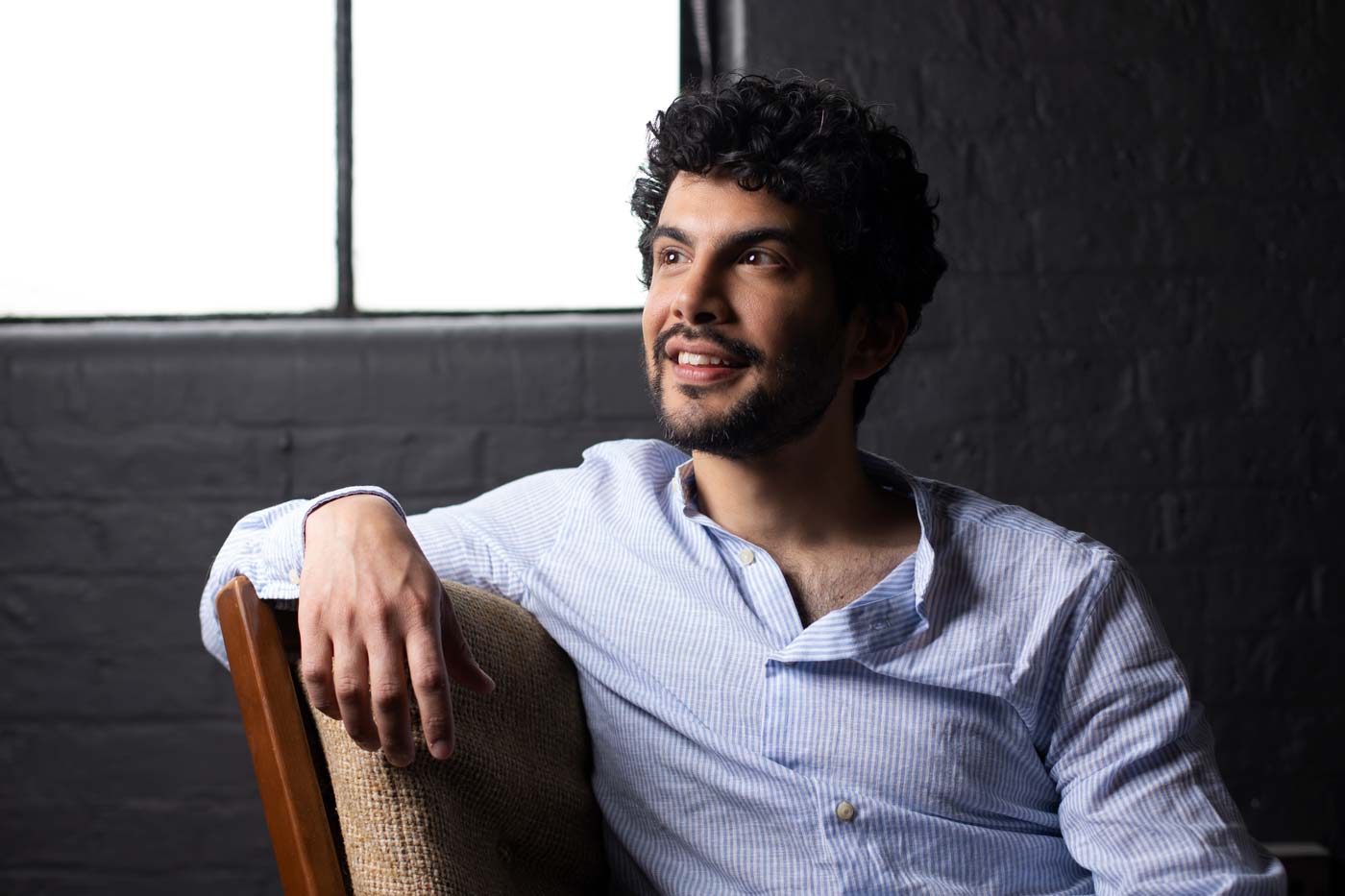
How do you get a new opera performed: secrets from a professional opera composer
Guys, I’m living the dream! The producers of the latest opera I’m working on, Displaced: a Woolwhich Aresenal Opera, have just heard that English National Opera will associate produce the R&D showing! This means that they will provide us players from their orchestra FOR FREE, plus we can tag them on our advertising!
About once a fortnight I come across posts on social media from composers asking, “how do I get my opera produced by other opera companies?”
Based on my experiences and this latest news, here is my answer to this question.
How can I get a new opera performed by an opera company?
YOU CAN’T. IT’S IMPOSSIBLE. DON’T EVEN TRY!
…Ok, well… obviously that’s not true ’cause I just said that it’s happeneing for me. I just want to wake you up. What I really mean is: it’s hard. Getting an opera produced requires the fulfilment of a complex set of conditions that have nothing to do with arbitrary luck.
I’ll break down these conditions into when, how, why, who, what and where.
When should I approach a company?
When you compose an opera – or which point of the creative process you are at when you approach a company – directly affects whether it will be produced or not. If you have already composed an opera without a production agreement, then I am afraid it is too late – there is a less than 1% chance that any company will want to produce it for you. Companies nowadays want and sometimes need to be involved in the conceptual stage, before any music has been composed. Not only does this give them more opportunity to mould the opera to whatever suits their needs and reduce potential risk, some companies also receive funds specifically to commission new works, so they need to spend it on commissioning. If they want you to write an opera, they will ask you. If they don’t ask you, they don’t want your opera.
I have written 3 operas without anyone asking: I produced 2 of them myself, and 1 has never been performed and probably never will be. That’s just how it is, and although I sometimes feel a bit blue about it, I have to acknowledge that was the risk I took.
In the case of Displaced…, the full opera hasn’t been written yet – we just pitched 1 scene of an opera-in-progress to be staged in the popular Tête à tête fringe contemporary opera festival. The ENO clearly considered this a relatively safe bet, a low-risk investment that would be well viewed within the industry and potentially beyond as well.
How should I approach a company?
The amount of composers who have composed massive 5-act operas and then post them to opera companies always astounds me. Unless you really know someone in that company who is in charge of productions and you know that they would like to hear from you, DO NOT DO THIS.
Most of my commissions have been through some commissioner seeing my other work or receiving a recommendation from someone else. Every opportunity I have had has come from my network or word-of-mouth. So my answer to ‘how to approach a company’ would be “indirectly”, or more specifically: engage with the industry and everyone in it through incremental steps year by year and cultivate your portfolio, network, knowledge and competence until the right people know who you are and want to hear from you.
There is no shortcut to this, though exceptional talent can speed things up a bit. (For un-exceptional talents like me, you just have to slog!). For Displaced… both myself and PJ Harris the director have produced work for the ENO before, and PJ particularly has a good relationship with management. It makes sense for all of us to develop our working relationship bit by bit.
Why would an opera company want to perform my opera?
This is absolutely key. Why is the opera/project I want to pitch be interesting to an opera company? Or how can I make it interesting? In my opinion, this question is dependent on three further conditions that each company will consider in reviewing your project:
- WHO – Who is creating the opera? Are the creators familiar names? Are they known entities in the industry? Do they have a good reputation? Do they have demonstrable experience/competence? Does their name carry weight anywhere? Do they have a following? Who else is involved in the project as potential partners or stakeholders? Are they of interest?
- WHAT – What is the opera about? Is it relevant for my company or my audience? Is it innovative? Is it going to be good? Is it risky? Will it attract any attention? Will it help my company’s objectives or match our brand? What is the scale of the work, and is it feasible?
- WHERE – Where can we imagine this opera really fitting? Does it need to be performed in an opera house? Would it be better for a smaller opera company, or even in a school or a conservatory setting? Would it be of interest to specific demographics or populations in different regions? Would it be at home in a country manor opera festival, an urban opera-cabaret showcase, an international operatic stage or a site-specific work in an abandonned factory or bus station?
For Displaced, the producers PJ Harris and Hannah Kumari put in a tremendous amount of work into the why of the project. So well thought-through is their project that everyone who comes across it can see pretty quickly that it has great potential. Furthermore, they are well-connected and experienced, with a history of working on high quality projects AND of working together. My involvement has contributed another important dimension due to my experiences and reputation, and in turn that has brought on other interested parties with a similar, cumulative effect. The ball is rolling – but it started out as just two artists with an idea.
Conclusion
If you are desperate to compose an opera without you having received a commission, by all means, scratch that very time-consuming itch; but be ready to accept that it will not be performed unless you produce it yourself. If you produce it yourself, please learn from my mistakes and make the show manageable! Not too big and costly. Build your producing muscles step by step, year on year, and people may even start to take notice – that’s what happened for me.
Nowadays, I never start composing an opera without being commissioned to do so. If I dream up future operas ideas, I put them in my Ideas Bank so that I can pitch them at a later date. I am more strategic, thought-through, and indeed, professional.
For early career or student composers, wanting advice about getting into the opera creation business, Opera singer David Leigh wrote 5 large but clear steps in a helpful post on Quora: https://www.quora.com/How-do-I-get-a-new-opera-performed. I think they dovetail well with my basic premise: you have to be objective, strategic and in it for the long-haul. There’s no need to feel hopeless or disheartened, just start from where you are and work upwards, bit by bit.
Take your first step and do it well from wherever you currently are. It will be the foundation of your entire future.

